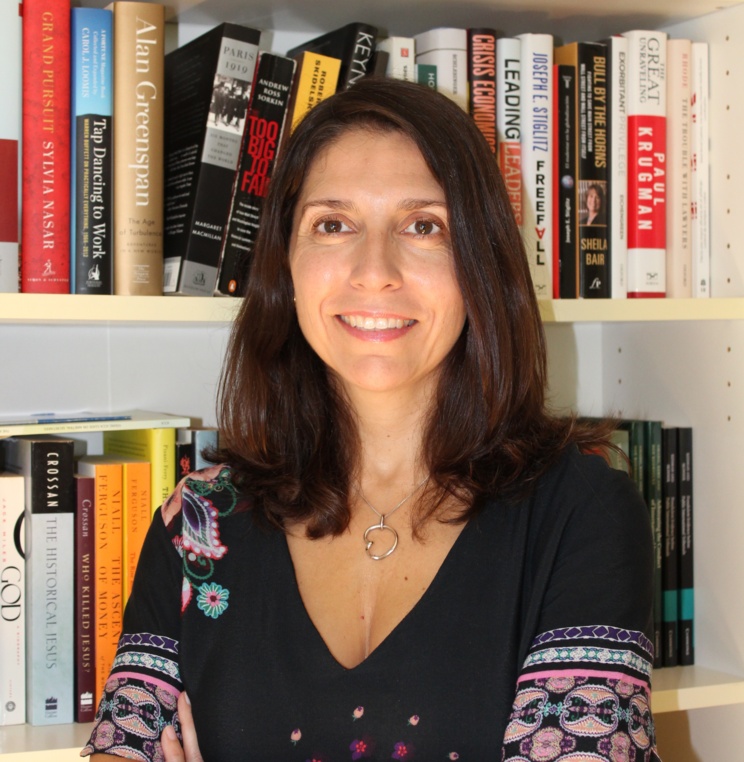Professors in Practice: Macarena Saez Fights for LGBTQ+ Rights in Latin America
March 18, 2020

As Macarena Saez graduated from the University of Chile School of Law in 1995, she sought to connect what she was being taught inside the classroom to what was taking place outside, all around her.
“My legal education was happening at a time when people were being killed for their ideas,” said Saez, faculty director of the Center for Human Rights and Humanitarian Law. “Human rights wasn’t just a theoretical thing but the standard for the violations we were living through.”
Saez began her work in academia as a teaching assistant during her second year of law school. “Even though I wanted to teach, I didn’t just want to be in law school. I wanted a connection with the outside world,” Saez said. “That connection first came through women’s rights and feminist theory.”
A landmark case for LGBTQ+ rights
Saez’s scholarship was embodied by the landmark case Atala Riffo and daughters v. Chile. Saez served as one of the lead counsel for Karen Atala Riffo, a Chilean judge who had lost custody of her three daughters after coming out as a lesbian. The Supreme Court of Chile had stated that Atala Riffo’s sexuality posed a risk to her children.
Before Atala Riffo, the Inter-American Court, founded to interpret the American Convention on Human Rights, had never taken a case on LGBTQ+ rights.
“This was the first Inter-American system case on sexual orientation,” said Saez. “But the case had an additional challenge because it was a family law case. It’s way more difficult when children are involved.” The litigation spanned years, some of the prep even taking place on the AUWCL campus.
Despite facing many challenges, Saez’s team ultimately prevailed in 2012: The Inter-American Court held that Chile violated the American Convention on Human Rights.
“The real credit was to Judge Atala [Riffo] for taking this case,” stated Saez. “The only thing she really wanted was to make sure no father or mother would have to go through what she had to go through.”
Strategic litigation…and a different kind of “fight”
After the ruling in Atala Riffo, LGBTQ+ organizations were able to use the precedent to advocate for marriage equality in Mexico, Columbia, and Costa Rica. Saez believes that the next battle is for the parental rights of non-biological parents. “When lesbian mothers have a child, the civil registry office denies the recognition of non-biological mothers on the birth certificate,” said Saez.
Strategic litigation is a twin aim of Saez’s academic work. She sees law as a limited tool for making a broader impact. While strategic litigation is premised on structural change, Saez emphasizes that fighting for one’s client comes first.
Saez also takes fighting more literally—she is a 4th-degree black belt. “It’s not unlike practicing law,” said Saez. “You have to anticipate the moves of your opponent. It’s an artful activity that takes years to master and you never really do.”
After testifying before various constitutional courts, writing amicus briefs on marriage equality cases in Latin America, and teaching course work on strategic litigation and family law, Saez is still seeking to develop new scholarship in areas such as sex work and strategic litigation.
“It’s hard for me to stay in my chair.”